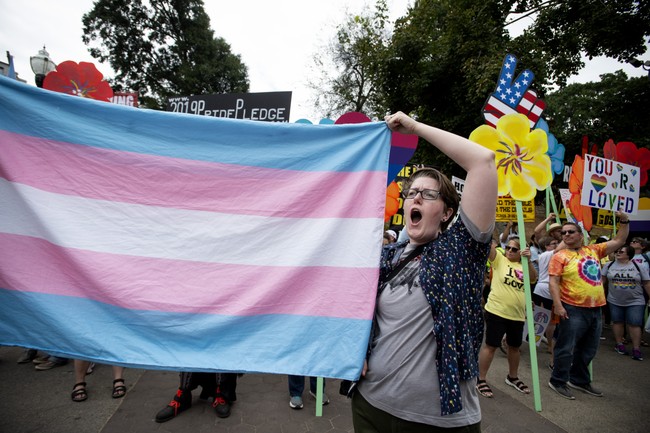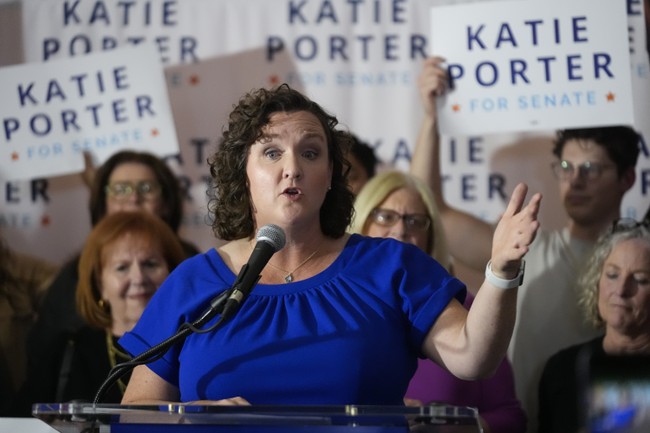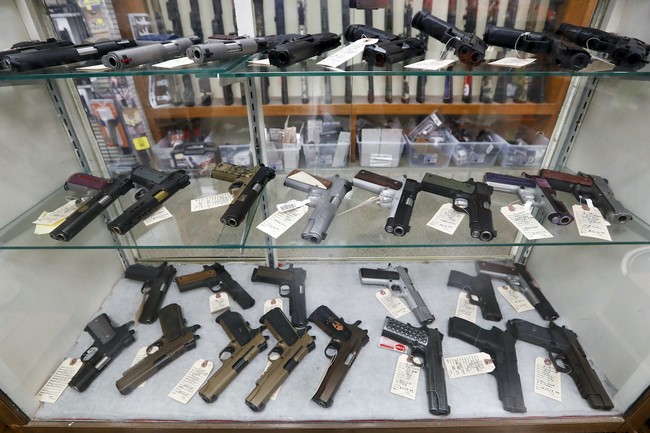The Los Angeles 2028 Summer Olympics are facing mounting financial and logistical challenges as major sponsors withdraw, transportation projects fall behind schedule, and organizers scramble to manage rising costs and political complications.
An investigation by DailyMail.com reveals a troubling outlook for the games just over three years before they are set to begin.
The LA28 Olympic Games were initially promoted as a low-cost, privately funded event utilizing existing infrastructure and avoiding the major construction projects that have burdened past host cities.
Trump’s Sovereign Wealth Fund: What Could It Mean For Your Money?
However, escalating costs, wildfires, labor shortages, and political complications are now threatening the feasibility of that plan.
Corporate sponsorships have dropped significantly.
Salesforce, one of three major sponsors initially lined up by LA28 organizing committee chair Casey Wasserman, exited the partnership last year.
Toyota and Panasonic also withdrew funding commitments for the International Olympic Committee.
This Could Be the Most Important Video Gun Owners Watch All Year
Currently, Delta Airlines and Comcast remain the only primary sponsors.
The event’s projected $7.15 billion budget, controlled by Wasserman, is now under pressure.
The organizing committee reported a $267 million increase in projected costs in a March 31 update to the Los Angeles City Council.
The updated budget depends on an anticipated $569 million boost in ticket and hospitality revenue—raising concerns from experts.
Oxford Business School Fellow Alexander Budzier noted that LA28’s projected $2.5 billion in ticket revenue is 50% higher than Paris 2024’s $1.6 billion from 12.4 million tickets.
“That’s an average price per ticket of approximately $130,” Budzier said, cautioning that the estimate may be overly optimistic.
In addition to rising costs, LA28 faces delays in key transportation projects.
Los Angeles Metro had planned 28 upgrades to accommodate Olympic crowds, but only 18 are now expected to be completed by the summer of 2028.
A key rail project linking LAX to downtown LA has been pushed to late 2028.
LA28 is now considering using buses to transport athletes and spectators.
Following deadly wildfires in January that devastated Pacific Palisades and Altadena, the city has redirected significant funds to disaster recovery.
The recovery effort is projected to cost $4.4 billion.
City Administrative Officer Matt Szabo told the city council last month that layoffs are likely and that some repairs will not be complete before the Games.
He also warned of a budget shortfall exceeding $1 billion.
Despite outsourcing several Olympic events to locations outside the city—including equestrian events to Temecula, canoe slalom to Oklahoma City, and shooting to an undisclosed location—Los Angeles remains liable for cost overruns tied to those events.
Santa Monica, originally set to host beach volleyball, pulled out after failing to reach an agreement with LA28.
City staff cited a projected $1.45 million loss. Santa Monica Mayor Lana Negrete said, “There is no better place to host the Olympic beach volleyball competition than Santa Monica… We would have loved to be a venue city in 2028.”
Amid criticism over his handling of the event, California Governor Gavin Newsom rebranded the Olympics as the “Recovery Games,” aiming to showcase a revitalized “LA 2.0” following the wildfires.
Today, @LA28 President Casey Wasserman & I are proud to announce LA Rises, a private-sector recovery initiative also led by @Dodgers Chairman Mark Walter & @MagicJohnson.
As we respond to these devastating fires, LA will rise again — stronger, more united & resilient than ever. pic.twitter.com/9gKdbOEl79
— Governor Gavin Newsom (@CAgovernor) January 29, 2025
The move sparked criticism from both left-leaning groups and conservatives.
Activists accused Newsom of using the Games to justify increased spending on surveillance and police.
Conservative commentator Trish Regan called for relocating the Olympics to another U.S. city entirely.
Gavin Newsom claims the coming Olympics is why Los Angeles must be rebuilt.
Is he high?
We must move the Olympics OUT of CA as fast as possible.
Austin, Dallas, Miami, Ft Lauderdale — any of those locations would be GREAT.
California’s leadership CANNOT be trusted. pic.twitter.com/Bf1CKyjLIp
— Trish Regan (@trish_regan) January 13, 2025
Newsom has also come under pressure from federal lawmakers.
In March, Sen. Tommy Tuberville (R-AL) sent Newsom a letter urging him to establish clear guidelines on transgender athletes’ participation in the 2028 Games.
Newsom has yet to respond.
Internationally, trade tensions and immigration concerns are adding to the uncertainty.
Skema Business School Professor Simon Chadwick warned that tariffs imposed by President Donald Trump could increase global inflation and construction costs for the Olympics.
Budzier echoed that sentiment, pointing to inflationary pressures from wildfire recovery efforts and heightened local demand for labor and materials.
There are also concerns that the Trump administration could implement visa restrictions impacting athletes from certain countries or transgender competitors.
.@EDSecMcMahon calls out Governor Newsom for flip-flopping on keeping men out of women’s sports and tells him to “put your money where your mouth is and stand up for all these students.” pic.twitter.com/6qNc2qaShW
— Trump War Room (@TrumpWarRoom) March 28, 2025
University of Utah Professor Matthew Burbank said such moves could “become a big issue,” and warned of the administration’s “willingness to pick those fights.”
LA28 also faces internal challenges.
Chief Legal Officer Tanja Olano resigned in September, followed by head of HR Kristina Guillen two weeks later.
Executive compensation has come under scrutiny as well. In 2023, LA28 paid $14.7 million in total salaries to 18 top executives. Olano received over $1 million annually for a part-time role.
LA28’s $613.5 million contingency fund has already been reduced by $2.4 million, and experts warn that critical items like security remain unbudgeted.
Paris 2024 allocated $1.2 billion for security—a cost category currently absent from LA28’s budget.
As preparations continue, city officials have stated they cannot absorb cost overruns.
The city is contractually responsible for the first $270 million in overruns, with the state liable for the next $270 million.
Any additional costs would fall entirely on Los Angeles.
Council President Marqueece Harris-Dawson emphasized the city’s financial limitations, stating, “We absolutely cannot afford that under any circumstance. We can’t even afford half of that.”
With rising costs, uncertain funding, and logistical complications, questions remain about how Los Angeles will deliver the 2028 Olympic Games.
Connect with Vetted Off-Duty Cops to Instantly Fulfill Your Security Needs
The opinions expressed by contributors and/or content partners are their own and do not necessarily reflect the views of LifeZette. Contact us for guidelines on submitting your own commentary.
Read the full article here


![LA 2028 Facing Total Financial Meltdown [WATCH] LA 2028 Facing Total Financial Meltdown [WATCH]](https://www.drewberquist.com/wp-content/uploads/2025/04/2025.04.21-09.58-drewberquist-680616d46b447.jpg)




![Trump Considers Insurrection Act as Democrat Cities Descend Into Violence [WATCH] Trump Considers Insurrection Act as Democrat Cities Descend Into Violence [WATCH]](https://www.lifezette.com/wp-content/uploads/2025/09/2025.09.04-12.07-lifezette-68b980fb4f9d9.jpg)




